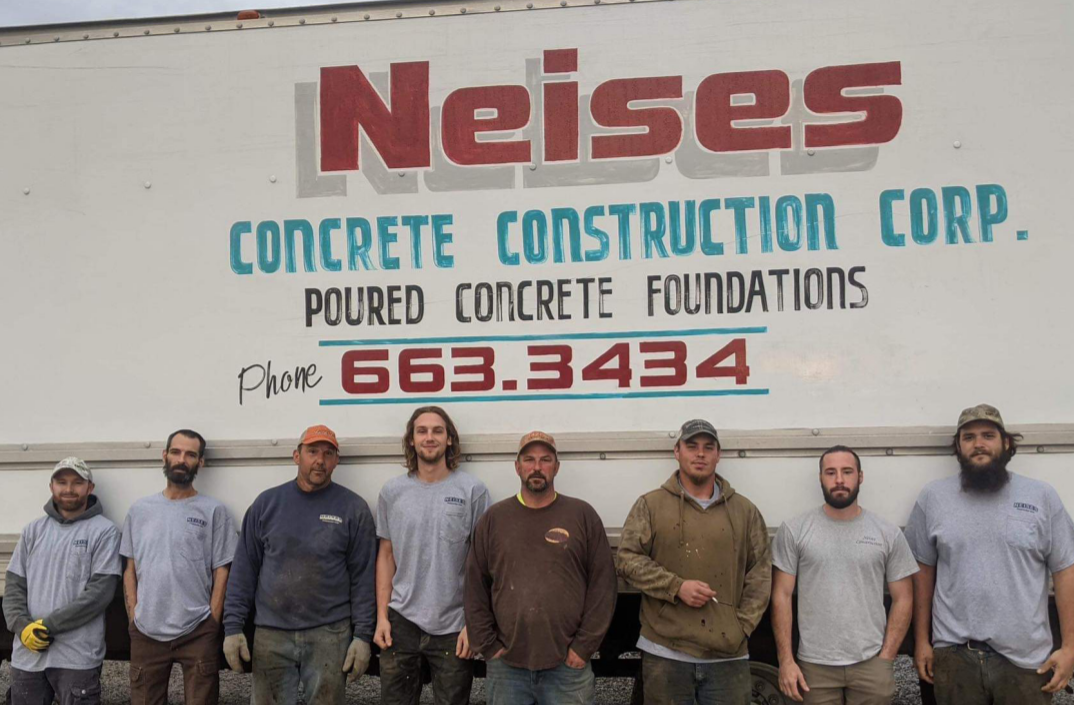Workers Sue National Labor Relations Board Over Rule Blocking Them from Exercising Right to Remove Union
Lawsuit: School bus drivers’ petition for a decertification election was blocked under “settlement bar” doctrine in violation of the National Labor Relations Act
Pittsburgh, PA (November 28, 2018) – With free legal assistance from National Right to Work Foundation staff attorneys, two Pennsylvania school bus drivers have filed a federal lawsuit against the National Labor Relations Board (NLRB) after the Board blocked their petition to hold an election to remove an unwanted union from their workplace.
Marcia Williams and Karen Wunz, employed by Krise Transportation, filed their complaint at the U.S. District Court for the Western District of Pennsylvania. Their lawsuit challenges the NLRB’s “settlement bar” rule, which blocks employees in a union monopoly bargaining unit from holding a secret ballot election to decertify the union before an NLRB-mandated period of time after the settlement agreement date. The complaint asserts that the rule violates the workers’ rights under the National Labor Relations Act (NLRA).
In March 2018, Krise and Teamsters Local 397 entered into a settlement agreement in an unfair labor practice case. The agreement included a clause that barred workers from challenging Teamsters Local 397 union officials’ monopoly bargaining status for a year after the officials’ first bargaining session with Krise. Williams and Wunz were not parties to the agreement.
In May 2018, Williams filed a petition with the NLRB to decertify Teamsters Local 397. Out of the total 28 Krise employees, 24 employees signed the petition to oppose union officials’ representation. However, the NLRB Regional Director blocked their decertification petition using the “settlement bar” rule. Williams requested that the NLRB review the Regional Director’s decision, but the NLRB upheld the dismissal and blocked the employees’ decertification petition.
Williams and Wunz are represented free of charge by Foundation staff attorneys in their attempt to free themselves and their co-workers from unwanted Teamsters union “representation.” Their complaint explains that the NLRA requires the Board to investigate any petition in which an employee alleges that a union no longer commands a majority of the workers’ support, and that if a question of representation exists the Board must direct a secret ballot election.
The complaint alleges that the NLRB’s “settlement bar” rule conflicts with the clear text and plain meaning of the NLRA, as it blocks Williams, Wunz, and their coworkers from raising a question concerning representation and forces them to submit to the monopoly bargaining privileges of a union they oppose. Foundation staff attorneys argue that nothing in the NLRA grants the Board the authority to issue a rule barring employees even for a “reasonable time” from raising a question concerning representation, “let alone a rule based merely on the employer’s settlement of unfair labor practice charges to which the employees were not parties.”
Williams and Wunz ask the court to declare the NLRB’s “settlement bar” rule a violation of the Board’s Congressionally-delegated authority and to order the Board to move forward with their decertification petition.
“The National Labor Relations Act is premised on union officials only being granted monopoly bargaining status when they have the support of a majority of the workers they claim to represent. Yet inexplicably the NLRB has concocted several rules that undermine the Act by blocking workers from voting out unwanted representation,” commented Mark Mix, president of the National Right to Work Foundation. “Such doctrines have been restricting workers’ voices for far too long. Ms. Williams and Ms. Wunz are standing up to challenge the Board’s union boss-friendly practices, and the Foundation is proud to join them to challenge this policy that directly contradicts their rights under federal labor law.”







